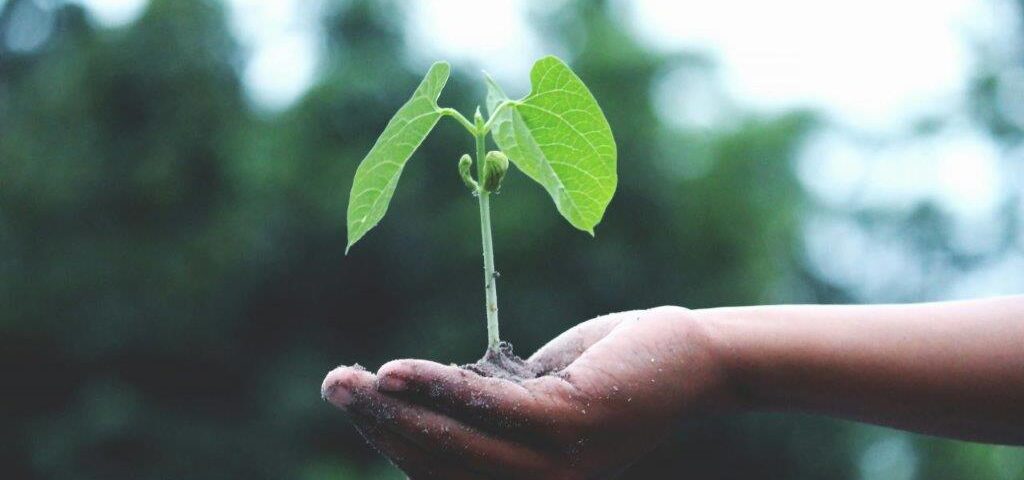
Compressive Resistance of Northrich AngleGuard: Elevating Protection, Embracing Sustainability
April 11, 2024
Comprehensive Guide to Pallet Protection Solutions: Separator Sheets, Covers, and Corner Protectors
April 26, 2024Reducing Carbon Footprint in the Packaging Industry
The global packaging industry, essential to the logistics and distribution of goods, is at a crucial crossroads where sustainability and environmental responsibility are becoming not just beneficial, but necessary for survival and competitive advantage. Northrich has positioned itself as a leader in this transformative wave, integrating environmental stewardship deeply into its business model. As consumer awareness and demand for eco-friendly packaging continue to rise, Northrich’s proactive approach in reducing carbon emissions places it at the forefront of the industry's shift towards sustainability.
Northrich's Strategic Environmental Manufacturing Processes
Northrich has carved out a niche in sustainable packaging by championing recycling and sustainable packaging solutions. Their strategy is rooted in the circular economy model, which prioritizes the reduction of waste and the continuous use of renewable resources. Their operations begin with the collection of discarded paper and cardboard, which are then diverted from the waste stream and transformed into new, high-quality packaging materials. This not only conserves raw materials but also substantially reduces the company’s carbon footprint by limiting the reliance on virgin resources.
Furthering their commitment to sustainability, Northrich has strategically acquired a paper mill in Vermont. This acquisition secures a steady supply of virgin materials and enhances their control over both production costs and the quality of the final product. Northrich's innovative solutions—including edge protectors, tubes, and cores, as well as protective sheets—are meticulously designed to be recyclable, aligning with their mission to minimize environmental impact across their product lifecycle.
The Impact of Carbon Reduction in Packaging
Addressing the carbon footprint in the packaging industry is a multifaceted challenge. It involves adopting innovative packaging designs, utilizing strategic renewable material choices, and enhancing recycling infrastructure. Northrich's initiatives in these areas underscore the importance of sustainable practices resulting in lower carbon emissions associated with production. By optimizing the use of recycled materials and designing products for end-of-life recyclability, they set a standard for the industry, illustrating how environmental goals can be synergistically aligned with business objectives.
The benefits of reducing the carbon footprint are extensive. For the environment, it means less pollution, conservation of natural resources, and a significant reduction in greenhouse gas emissions. For businesses like Northrich, these practices makes a positive impact, bolstering brand reputation, complying with global regulations, and tapping into the growing market of consumers who prioritize environmental sustainability in their purchasing decisions.
Moreover, by investing in sustainable practices, companies can reduce operational costs, enhance efficiency, and differentiate themselves in a crowded market. Northrich’s efforts demonstrate the economic viability of sustainable practices, showcasing how they can lead to both profitability and market leadership.
Broader Industry Influence
Northrich's strategies and their commitment to reducing their carbon footprint have ripple effects across the packaging industry. By demonstrating the feasibility and benefits of such initiatives, they encourage other companies to follow suit. This collective movement towards sustainability is crucial for the industry’s long-term viability and is increasingly demanded by consumers, regulatory bodies, and business partners.
Northrich’s dedication to reducing their carbon footprint through innovative recycling, thoughtful product design, and strategic business decisions exemplifies industry leadership in sustainability. Their actions not only mitigate environmental impacts but also provide a blueprint for other businesses aiming to integrate sustainable practices into their operations. As the packaging industry continues to evolve, the integration of these practices is likely to become standard, driven by both ecological necessity and consumer preference. Northrich stands as a beacon in this movement, proving that environmental responsibility and business success are not only compatible but also complementary. Their leadership paves the way for a greener, more sustainable future in packaging, inspiring others to embark on similar paths.




